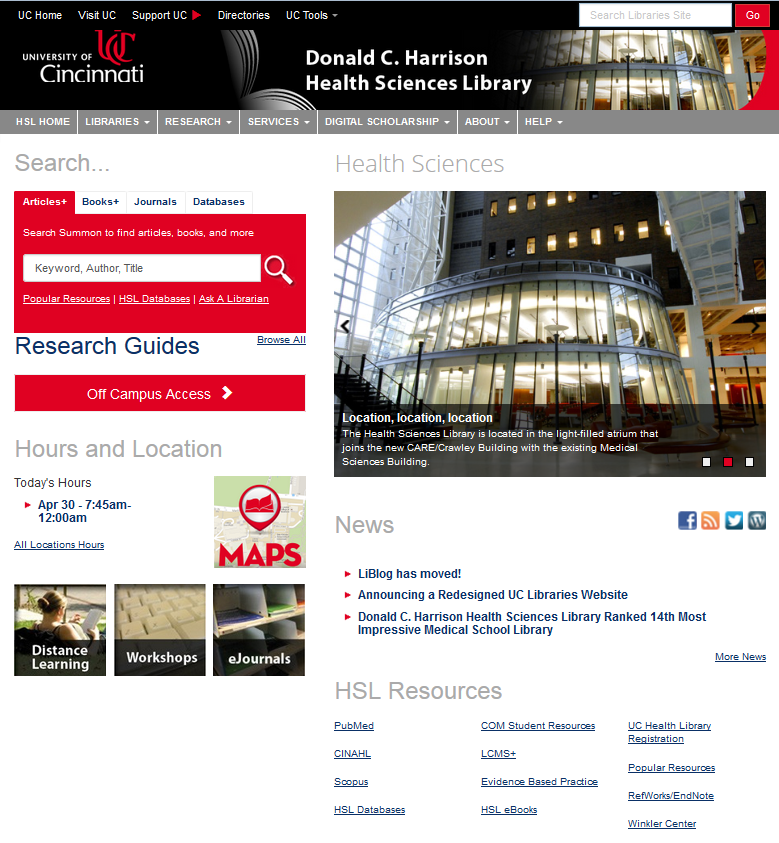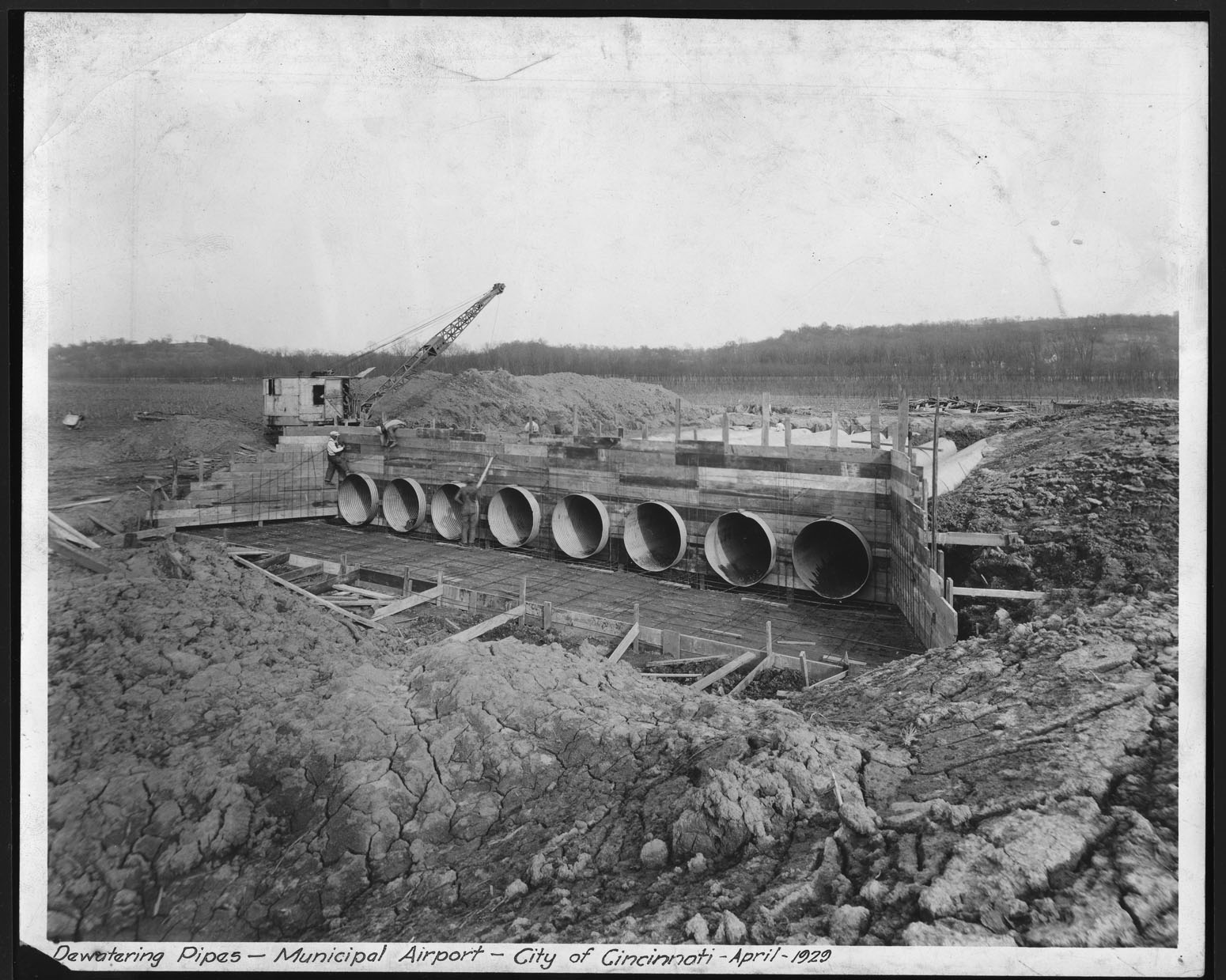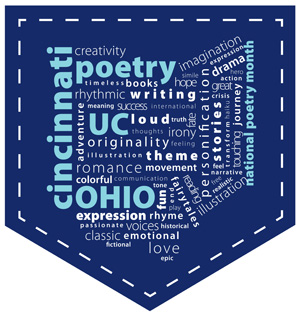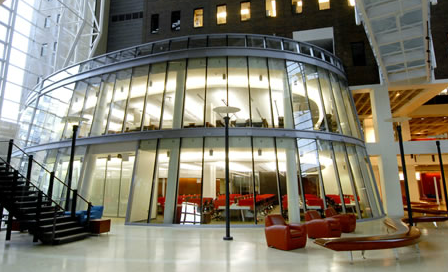
On May 6, the Health Sciences Library along with all UC Libraries will unveil a completely redesigned website.
Available at http://libraries.uc.edu/hsl/ (same URL as current site) the new website is easy to read and navigate with an updated look and feel, an uncluttered homepage with most content viewable without scrolling, new information and streamlined navigation. User-requested features such as the posting of today’s hours, enhanced location maps and a prominent link to Off-Campus Access from the homepage are included in the redesign.
New content around the growing subject of digital scholarship has been added, as well as a website dedicated to the Libraries’ Special Collections. Also featured prominently on the site are links to HSL Research Guides, a Distance Learning guide, workshops, eJournals and frequently used Health Sciences resources.
The tabbed search box, available on the left-side of the homepage and throughout on many secondary pages of the site, will allow users to search for articles, books, journals, databases and quickly and easily.
For those viewing the site on a tablet or mobile device, the redesign is responsive to adjust to individual screen sizes.
The website redesign does not include the Library Catalog or online databases.
Feedback is welcome as the Health Sciences Library website is a work in progress and will continue to develop over the summer.
Watch for more information about the newly redesigned HSL site!

 The University of Cincinnati Libraries have created a website and digital archive that provides access to the historic Cincinnati subway and street images, a collection of over 8,000 photographic negatives and prints taken as part of a failed subway development project in the 1920s, and photographs documenting various street projects from the 1930s through the 1950s.
The University of Cincinnati Libraries have created a website and digital archive that provides access to the historic Cincinnati subway and street images, a collection of over 8,000 photographic negatives and prints taken as part of a failed subway development project in the 1920s, and photographs documenting various street projects from the 1930s through the 1950s.
 Hope is the thing with feathers
Hope is the thing with feathers Cramming for an exam? Need a safe, quiet place to study?
Cramming for an exam? Need a safe, quiet place to study? The Donald C. Harrison Health Sciences Library was ranked 14th amongst “the 25 most impressive university medical school libraries in the world” according to
The Donald C. Harrison Health Sciences Library was ranked 14th amongst “the 25 most impressive university medical school libraries in the world” according to